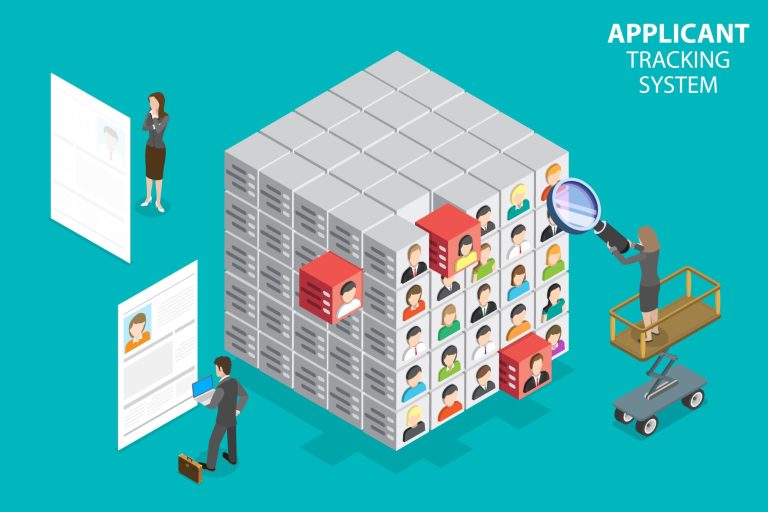Despite the leadership development business being a multibillion dollar/pound/rand business with some heavyweight role players teaching leadership skills, competent, ethical political and business leaders who inspire confidence are few and far between.Professor Barbara Kellerman of Harvard University put it this way: “Leaders of every sort are in disrepute; we don’t have much better an idea of how to grow good leaders, or of how to stop or at least slow bad leaders, than we did a hundred or even a thousand years ago … the leadership industry has not in any major, meaningful, measurable way improved the human condition.”
Current experience in a selection of countries, including the US, the UK and South Africa supports the view that leadership is in a bad way.
The big question is, “Why?” Why have so many universities, business schools, colleges and programmes contributed so much for so long, with so few results? Why have universities, business schools, educational institutions, leadership trainers, coaches and mentors not been able to produce leaders who can be called good leaders, certainly in the past 100 years, if Prof. Kellerman is to be believed?
A look through the leadership programmes of top academic institutions reveals that they cover a wide range of impressive topics such as self-awareness, EQ, communicating vision and strategy, learning to handle ambiguity, influencing skills, building relationships and networks, and then some more.
While influencing skills may come close to it, there is one glaring hole in these programmes. When it comes to managing people, managing performance, retaining good talent, managing disruption, leaders all need to be taught one critical competency that is glaringly absent.
They don’t teach people how to change behaviour.
Don’t slide past this point without noticing its significance. Just about everything related to effective leadership involves changing behaviour. If executives and managers are not taught how to change behaviour, they are simply not able to lead others. And this appears to be the very silent elephant in the room. Nobody is teaching leaders this one very basic, but very difficult, competency – how to change behaviour.
I’ve repeated this phrase a good few times in this past paragraph to drive it home. For the past 101 years, since the end of the First World War, businesses have been run according to a military model of leadership. That leadership style doesn’t require any leader to learn how to change behaviour because it involves giving orders. Those at the top simply instruct those below them to do what’s required. And those in the lower ranks simply follow orders, because that’s what you do in the military.
Now that the military model of leadership is coming to an end and being replaced by a non-military model of leadership, no-one has realised the critical need to teach leaders how to change behaviour instead of give orders.
Changing behaviour is not an easy skill to learn because it requires a deep understanding of what humans believe, feel, think and then say and do. Giving leaders a cursory understanding of EQ is not enough to help them understand the power of a person’s beliefs, which feed their emotions/feelings, which determine their thoughts, which cause them to say and do whatever it is they say and do.
I say this on the basis of having developed and road tested a model over the past five years that helps leaders understand how a person’s (their own included) beliefs, emotions and thoughts determine what they say and do. When people understand exactly how these factors shape a person’s behaviour, they have a better understanding of how to get people to change their behaviour so that they can help the company achieve its goals.
Many leaders are under the misapprehension that information changes behaviour. They think that, if you give someone certain information, they will automatically change their behaviour. That’s a fallacy. Look at all the information in the public domain that highlights the dangers of smoking. Does it influence smokers to stop smoking? Not at all!
The same is true for information in the workplace. It doesn’t change behaviour. That’s why newer, smarter leadership skills are needed!
Alan Hosking is the Publisher of HR Future magazine, www.hrfuture.net, @HRFuturemag. He is a recognised authority on leadership skills for the future and teaches experienced business leaders as well as Millennial managers how to lead with integrity, purpose and agility. In 2018, he was named by US-based web site Disruptordaily.com as one of the “Top 25 Future of Work Influencers to Follow on Twitter“.

























